The Ghaziabad Development Authority (GDA) has prepared a proposal requiring structural safety audits for all high-rise buildings every three years. This proposal is set to be presented at the upcoming GDA board meeting scheduled for January 27, 2025. The plan aims to address concerns related to the structural condition of residential buildings and ensure the safety of their residents. Once approved, the responsibility for conducting the audits will lie with either the developers or the respective residents' welfare associations (RWAs), depending on the building's management status.
As per the proposal, the audits must be conducted by recognized institutions, such as IITs, to ensure accuracy and reliability. Following the completion of the audit, a certificate confirming the structural safety of the building will need to be submitted to the GDA. In cases where the audit reveals defects, it will be the responsibility of the developer or the RWA/apartment owners’ association (AOA) to address the issues and carry out the necessary repairs. The GDA has also included a provision to take corrective action and recover costs through recovery certificates if the responsible parties fail to comply.
This move comes after a municipal corporation survey conducted in July 2024, which revealed that Ghaziabad has 319 high-rise residential buildings, comprising 124,874 flats within its jurisdiction. Residents have raised concerns over the long-term safety of these buildings, which has prompted the GDA to prioritize structural safety as a key issue. The authority believes that conducting periodic safety audits will help prevent potential risks and assure residents that their buildings are safe.
The proposal has drawn mixed reactions from residents and experts. Many have acknowledged the importance of regular safety checks but have also raised concerns about the practical challenges associated with implementation. For instance, repairs that may be required following an audit could involve significant costs, which could be a financial burden for residents. Some stakeholders have emphasized the need for detailed discussions between the GDA and residents to develop an effective implementation plan that addresses these concerns.
Former Kaushambi apartments RWA president, VK Mittal, highlighted the need for clarity on funding and execution. He pointed out that while audits are necessary, they should be accompanied by a well-defined mechanism for ensuring repairs are carried out without imposing undue strain on residents. Mittal also stressed the importance of including all stakeholders in the decision-making process to ensure transparency and consensus.
Another issue raised pertains to the handover and maintenance of residential projects. According to Alok Kumar, a founding member of the Federation of Association of Apartment Owners, several buildings in the area face unresolved issues, such as incomplete handovers or the lack of completion certificates. In such cases, developers and RWAs/AOAs often disagree on who should be responsible for maintenance and repairs. Kumar added that these challenges need to be resolved before the proposal can be effectively implemented. He also questioned how the GDA plans to enforce compliance and ensure that audits are conducted as mandated.
GDA officials have stated that the enforcement aspect of the proposal will be discussed during the board meeting. They have also indicated that the authority is prepared to take measures to ensure compliance and address any issues that may arise during the implementation process. While the details of enforcement are yet to be finalized, the GDA has expressed confidence in its ability to execute the proposal in a manner that benefits residents.

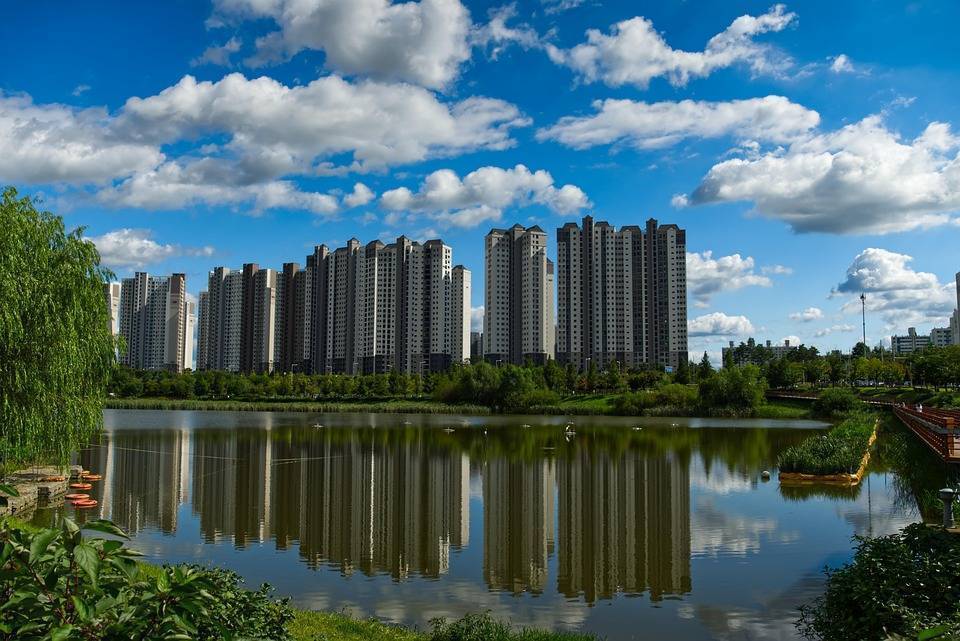

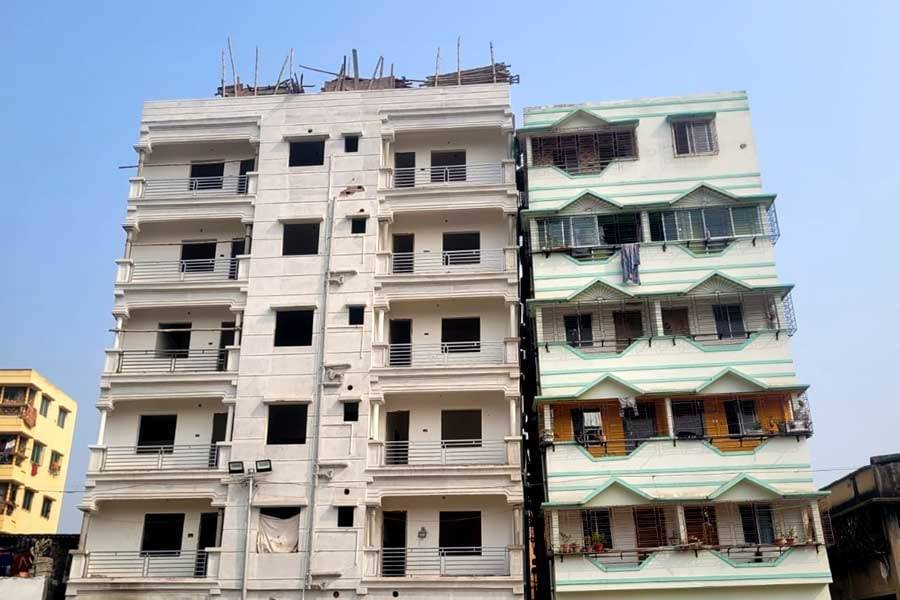
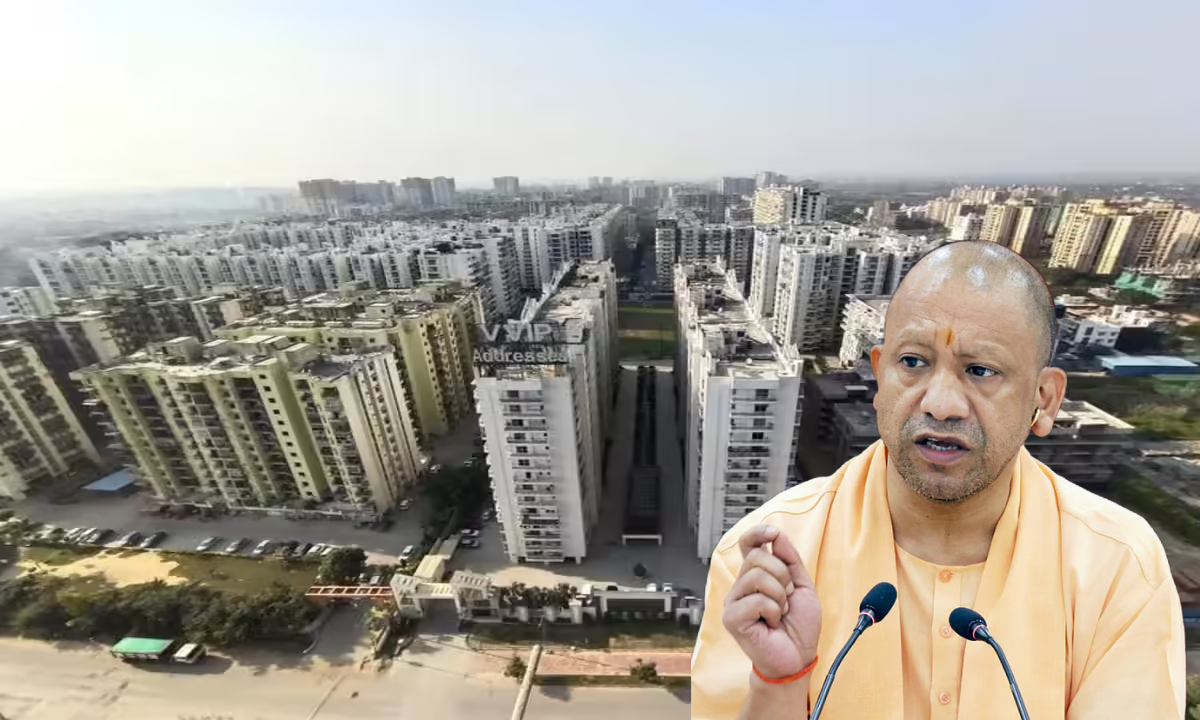


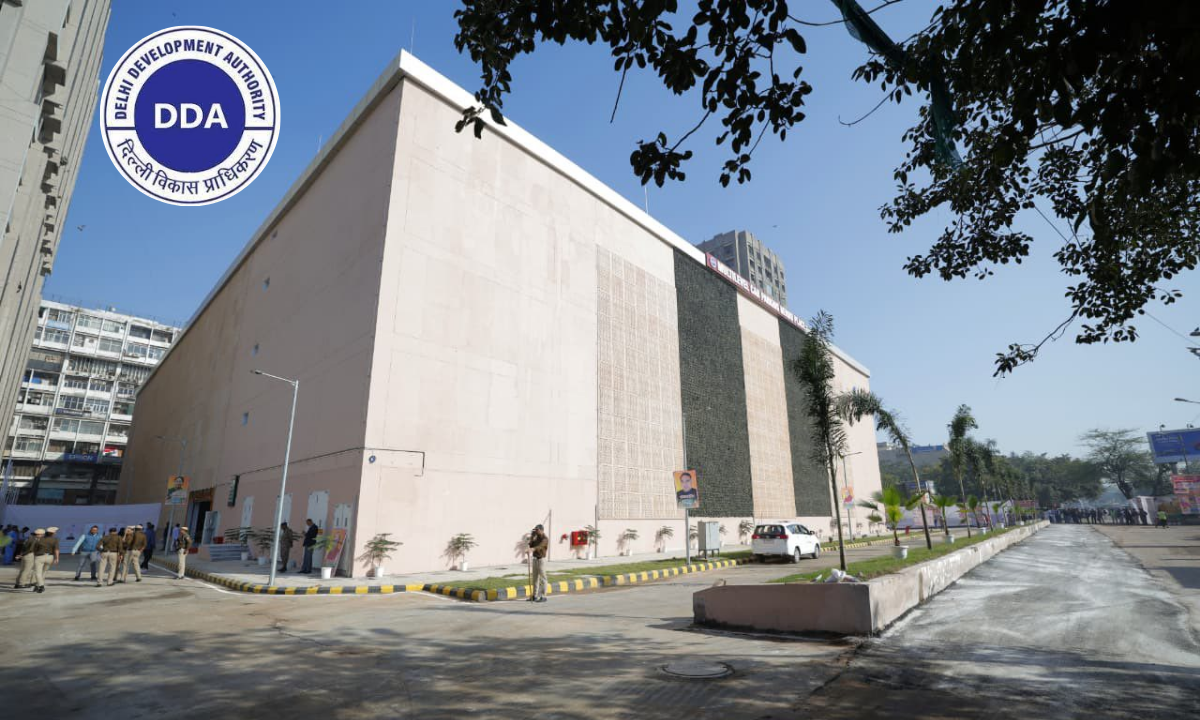
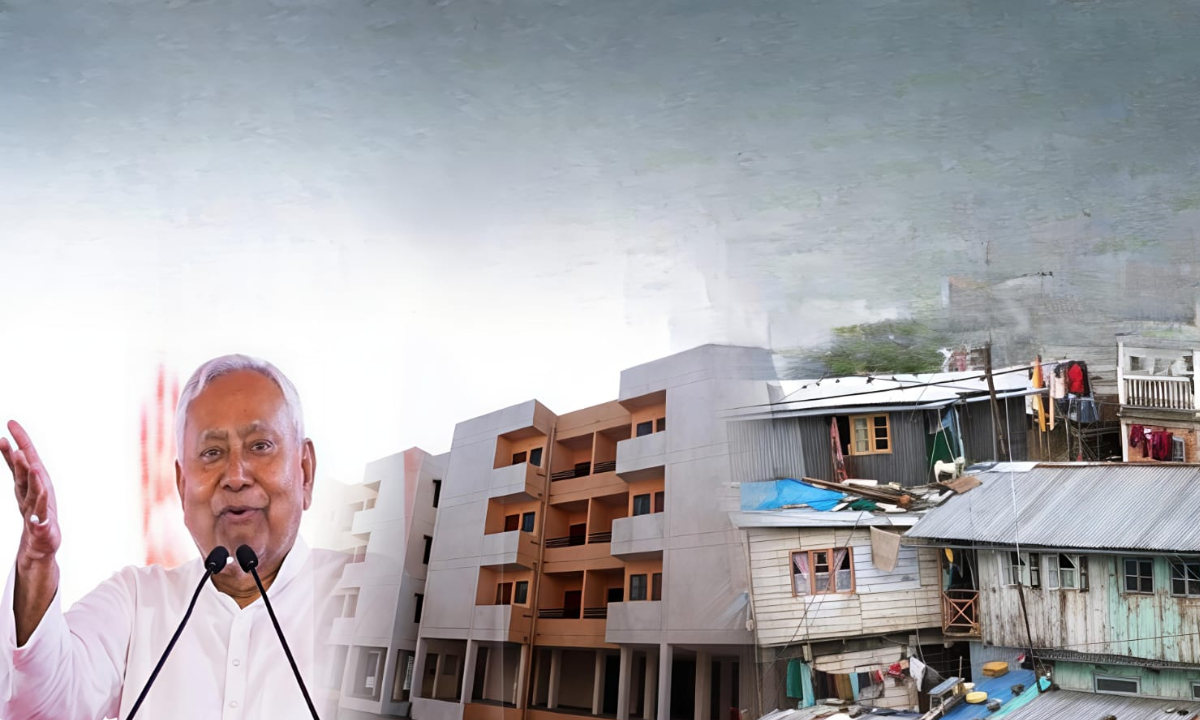
.png)